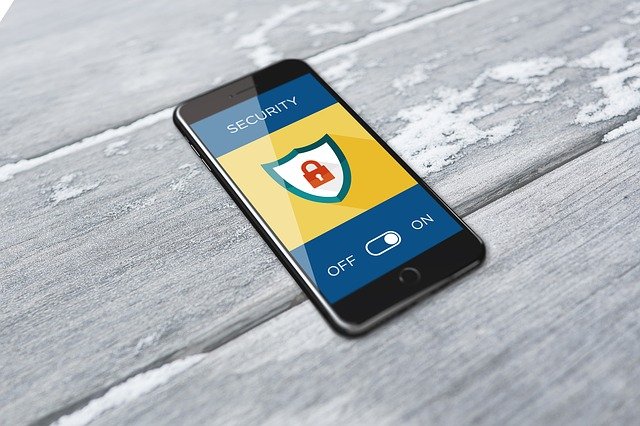Home alarm services have vastly improved over the years as technology has gotten more sophisticated. While back in the day, a home alarm system had to be tied to your physical home phone line, modern home security systems can utilize your cellphone and Internet instead, offering benefits previously unavailable. An Internet vs cellular vs landline security system comparison is what many people consider when looking at alarm options.
A cellular alarm system is wireless and generally offers the most modern capabilities with the lowest vulnerabilities when compared to a landline or Internet home alarm system. It tends to be offered by most modern security companies.
Internet vs Cellular vs Landline Security System Comparison
Let’s compare each option from least to most effective.
Landline alarm system
The oldest technology, this system works through your home phone landline. The most obvious concern with this option is that if a thief cuts your phone line, the system no longer works. While alarm companies created wire cut technology to take care of this, it’s usually an extra charge. Plus, a landline is the oldest technology and with more people cutting their own cords (pun intended) and getting rid of their landline for a cellphone service, this type of alarm system will eventually disappear. It also tends not to offer the same level of functionality that a cellular service does.
Internet alarm system
Using a broadband Internet connection, an Internet alarm system can fail it you lose your connection either locally or due to a wider outage. While the line can’t be cut per se like a landline, an Internet failure somewhere may still cause the alarm to cease working so you do rely on a consistent Internet connection. A local power failure may also knock the system out.
Cellular alarm system
Works through your cellphone so you can use an app to monitor your security system when you’re away from home and even outside the country. Modern systems enable you to operate the alarm remotely through the phone app and you can also tell if the alarm is tripped. The alarm company will use this phone to contact you if the alarm is set off and you can often add other functionality to monitor your thermostat, lights and other house functions for more complete home automation. Widely considered to be the best option in terms of reliability as it’s powered by a central cellphone signal with backups in place to handle problems.
Summary
Cellular is generally considered the best option currently since it can’t be cut like a landline and relies on another company’s cellphone coverage which is generally more reliable than your Internet connection which could drop because of a modem problem, electricity outage, etc.
Think about the last time you had a slow (or no) Internet connection, the last time your modem went down, etc. This could negatively impact your Internet-powered alarm.
A cellphone signal is generally more reliable.
Professional Monitoring vs Self Monitored Alarm
Professionally monitored alarm
A professionally monitored alarm system is one where a central alarm company is alerted when the alarm in your house is set off indicating a potential break in. They will typically respond by calling you first to ensure you are ok and to ask if the alarm was accidentally set off. If the alarm is not an accident and a break-in may be underway, they will either call for police or send their own security company if they have them.
Benefit: You pay a company who specializes in this work to keep an eye on your home and to send for help if needed. Response time to a potential crime is faster.
Self monitored alarm
This option is cheaper since you aren’t paying a company for the monitoring service and are doing it yourself. You’d typically monitor your alarm on your cellphone through an app and if the alarm was triggered while you were away from home, you’d have to figure out how to respond ie. call the police, check the situation out yourself.
Benefit: Cheaper than a monitored solution. That’s about the only benefit. There is danger involved when investigating a potential crime on your own.
If you’re in bed and someone breaks into your house or you’re away from home and don’t notice that alarm was tripped, how would you respond? This is where a monitored system prevails. If you don’t respond to the alarm company calling you, they normally send help right away and assume there is a problem.
Summary
Landline alarm systems will eventually disappear because fewer people have landlines each year. In some poorer countries where phones are a luxury, many people never had a landline to begin with and went straight to a cellphone when they became affordable.
Internet-based systems are still widely available but the cellular option and prevalence of cellphones really supercede anything a broadband-connected alarm can offer.
In that regard, a cellphone-based system is currently the best option. People tend to carry their cellphone everywhere they go anyways and when you can monitor and control your home alarm system on it, why not? It requires no extra equipment and offers great functionality to view a live security camera, watch your doorbell camera, monitor the alarm and turn it on and off remotely while also adding other home automation features.
Plus, a cellphone-based system tends to be the most portable if you move. All in all, it’s the simplest to set up and move while also being the type you should expect will be most widely offered moving forward.


